The Rural Monitor
Articles by Topic: Culture and cultural competency
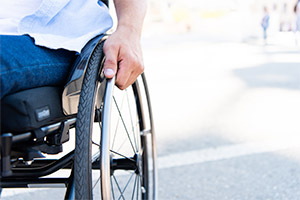
October 2, 2024
Rural people with disabilities face barriers to healthcare, such as transportation, inaccessible buildings, and providers' lack of experience or confidence treating this patient population. Experts, including a public health department in Montana and a disability and health program in New Hampshire, discuss these barriers and ways to improve accessibility and communication with patients with disabilities.
Read More
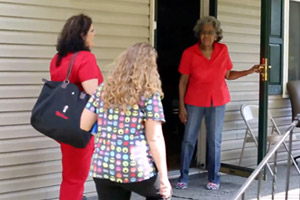
July 24, 2024
For decades, community health workers (CHWs) provided their services outside usual healthcare reimbursement models. In recent years, with research supporting CHWs as professionals effectively assisting patients with navigating health-related social determinants, federal and private payers are exploring reimbursement mechanisms. Four rural healthcare organizations share both the impact and the continued sustainability challenges — and successes — of their CHW programs.
Read More
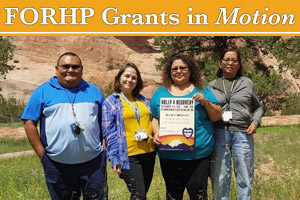
February 22, 2023
A community consortium in McKinley County brings together a range of local organizations and entities to take a holistic approach to recovery.
Read More
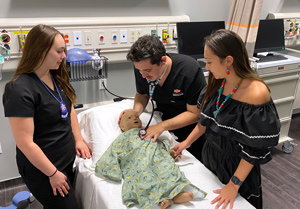
January 11, 2023
Oklahoma State University's College of Osteopathic Medicine at the Cherokee Nation prepares future doctors to work in rural and tribal settings where healthcare workers are in short supply.
Read More

July 15, 2020
Advance care planning — planning for decision-making in times of medical crisis — has always been intended for all people, all ages, with or without a chronic disease. Clinicians talk about the challenges of these conversations now that COVID-19 has nudged planning from the realm of the theoretical future to current reality.
Read More
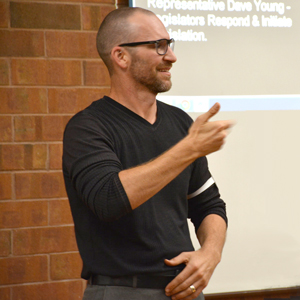
October 9, 2019
Deaf, hard of hearing, and deafblind people in rural communities may struggle to access healthcare due to a lack of interpreters as well as providers' misunderstanding of their culture and communication needs. A Michigan clinic hires ASL-fluent staff and provides telemental health, a New Jersey state division provides deaf sensitivity training, and a Colorado program brings interpreters to rural communities.
Read More
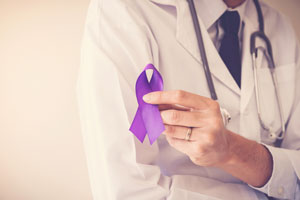
October 17, 2018
In this in-depth story, multiple clinical issues surrounding domestic violence (DV) and intimate partner violence (IPV) in rural settings are discussed by providers and researchers. Rural prevalence rates, provider knowledge gaps, and healthcare expenditures are also reviewed.
Read More

January 24, 2018
Benjamin Anderson, CEO of a 25-bed CAH in Kansas, discloses his relational style of healthcare leadership and his success attracting committed medical providers and engaging the area's growing refugee population.
Read More
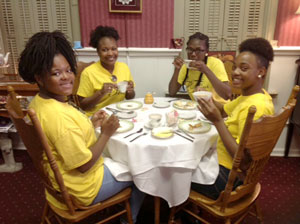
January 25, 2017
Tea Time with Teens is a South Carolina program that taps into the area's traditions to lower the teen pregnancy rate. While bonding over tea with the women of the community, girls learn how to make healthy decisions and become more confident, capable leaders.
Read More









